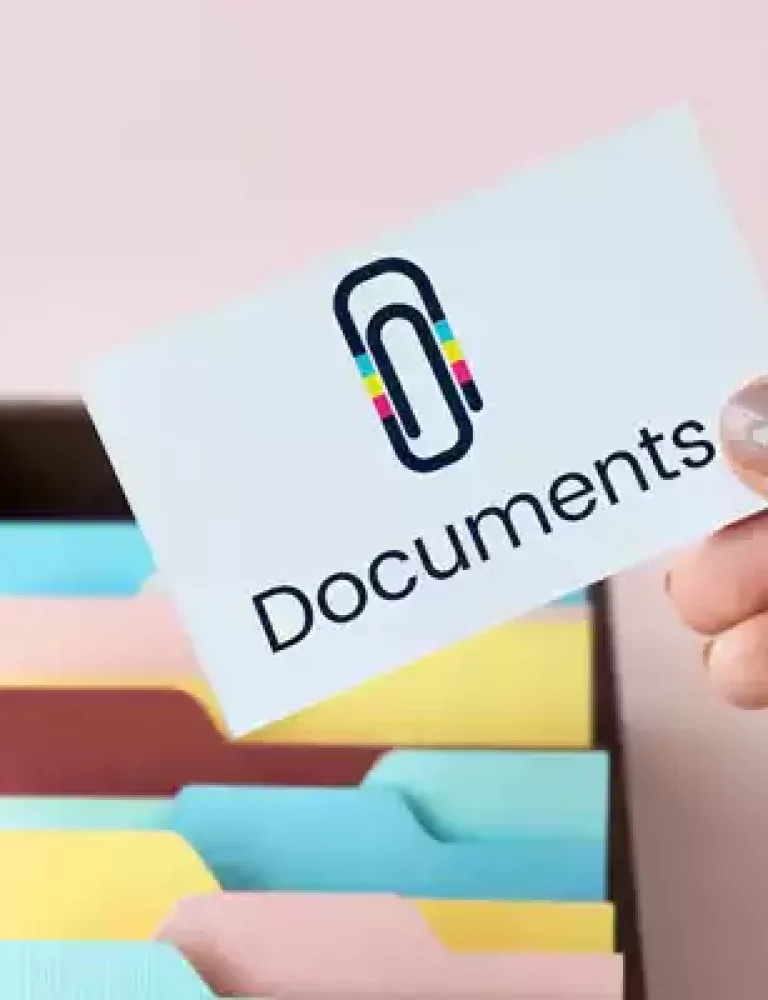When it comes to offering quality instructions to students and enhancing learning, planning the content/lessons is one of the most crucial aspects for educators. However, another thing that is even more important than simply creating a lesson plan is to align the content with the required academic standards.
Professional standards are the main guidelines and expectations that define what educators need to know and be able to do in their specific subject area and grade level. Besides, these standards also help educators plan, deliver, and assess their instruction in a way that meets the goals and needs of their students.
To help you navigate this challenge better, we will discuss here a few of the ways and strategies to effectively align your content with the professional standards to be able to enhance student learning.
Table of Contents
I. Key Tips for Creating Standards Aligned Content
- Identify the Standards
- Understand the Standards
- Design and Map the Curriculum
- Use a Rubric
- Evaluate the Curriculum
II. Other Factors
III. Conclusion
Key Tips for Creating Standards Aligned Content
Here are some of the top ways you can use to create standards-aligned content.
Identify the Standards
The first and foremost step here is to identify the relevant standards for your content or curriculum. Depending on a variety of factors, such as your learning goals and context, you may need to consider local, state, or national standards.
These standards can be found online, in official documents, or textbooks and curriculum guides. The most important part here is to understand the structure, purpose, and content of the standards and how strands, domains, topics, and subtopics have organized the same.
Educators can also leverage digital textbook platforms such as KITABOO here. Platforms like KITABOO will help them design standard-aligned educational content.
The platform also helps convert physical textbooks into multimedia content such as augmented reality, audio, images, video, and more to deliver immersive learning experiences.
Understand the Standards
Standards are essentially a fixed set of guidelines that outline the things your students should learn from content and be able to do. Pedagogical experts typically create these guidelines after doing a lot of research and considering best practices for teaching and learning.
Developing a clear understanding of standards helps you provide a clear path for instruction and significantly enhances learning outcomes. Apart from understanding the standards, you also need to review the official standards for your respective grade level and subject area.
Familiarizing yourself with these standards is crucial for students’ learning as it helps to ensure that your instruction is based on proper research and best practices.
Design and Map the Curriculum
Another important aspect of creating standards aligned content is to design and map your curriculum based on the specific standards.
Here, you need to decide the most effective way to organize your curriculum into lessons, units, and individual activities that cover the standards in a coherent and meaningful way.
Other things you need to consider here include how to differentiate your instruction for diverse learners, how to incorporate relevant resources and materials, and how to integrate cross-curricular connections.
Some of the frameworks you can use here are universal design for learning, project-based learning, or backward design to help you design your curriculum.
Use a Rubric
If you wish to measure quality as well as learning while creating your content, it is best to use a rubric.
Rubrics are especially important when multiple standards are being assessed in a single piece of content/product or when you would like to give your students detailed feedback on the progress they have shown in content toward meeting a standard.
Other than simply using a rubric, it is equally important to use detailed language in your rubric and include as much vocabulary from the original standard as you can.
The idea here is to think about how you will know that your students have met the learning standard through creating a product and how it will help enhance their learning.
Evaluate the Curriculum
To ensure that you create standards-aligned content for enhanced learning, you also need to evaluate your curriculum and its alignment with the respective standards.
The best way to do this is to collect and analyze data from your own observations and reflections as well as your students’ performance and feedback.
Another thing you need to do here is to compare your results with the expected outcomes and indicators of the standards and accordingly identify any strengths, weaknesses, or areas for improvement.
There are several tools you can use here, such as surveys, quizzes, portfolios, or self-assessments, to help you evaluate your curriculum.
Other Factors
Apart from the above, there are a few other tips you can use here to help you create content that is fully aligned with standards:
Note the Academic Categories
Make sure to write down all the academic categories that are outlined in the standards. These categories might include subjects such as reading, writing, history, art, and more.
Review Each Category's Specific Standards
When creating standards-aligned content, it is also very important to review specific standards within each category.
For instance, while Common Core Content Standards for some states require 4th-grade students to become familiar with factors and multiples, 3rd and 5th graders have their own set of standards.
Highlight the Objectives
Another important thing to do here is to write down the specific objectives of each academic topic for your grade.
For instance, if your students have to learn about drawing lines and interpreting data, it is important to work this into your content or curriculum so that you are aligned with your state’s required standards.
In Conclusion
Creating standards aligned content is critical to enhancing learning and academic success in students. Apart from enhancing the overall quality of learning, it also helps teachers to improve their instruction as well.
In this post, we have discussed various tips and strategies that you can use to align your content with the required standards and offer enhanced learning outcomes for your students.
Following these steps allows you to align your curriculum with professional standards that enhance learning and also ensure that your teaching is rigorous, relevant, and responsive enough to your students and goals.
You can also leverage digital learning platforms like KITABOO to help you seamlessly integrate and enhance your existing content to offer students highly productive and engaging digital experiences.
The digital textbook platform streamlines educational content to ensure it meets academic standards. It ensures that you can provide relevant and engaging content such as quizzes, MCQs, flashcards, chapter summaries, and more with the help of AI-powered assistants.
Connect with us to start a conversation.
To know more, write to us at KITABOO@hurix.com.
Suggested Reads:
Discover How An Ebook Conversion, Publishing & Distribution Platform Can Help You
Kitaboo is a cloud-based content platform to create-publish & securely distribute interactive mobile-ready ebooks.
You May Also Like
-
15 Benefits of Digital Textbooks in Schools
Blog,Digital Publishing,eBook solution / January 30, 2024
-
eLearning Platforms: Revolutionizing Education in 2024
Blog,Digital Publishing,eBook solution / February 21, 2024







